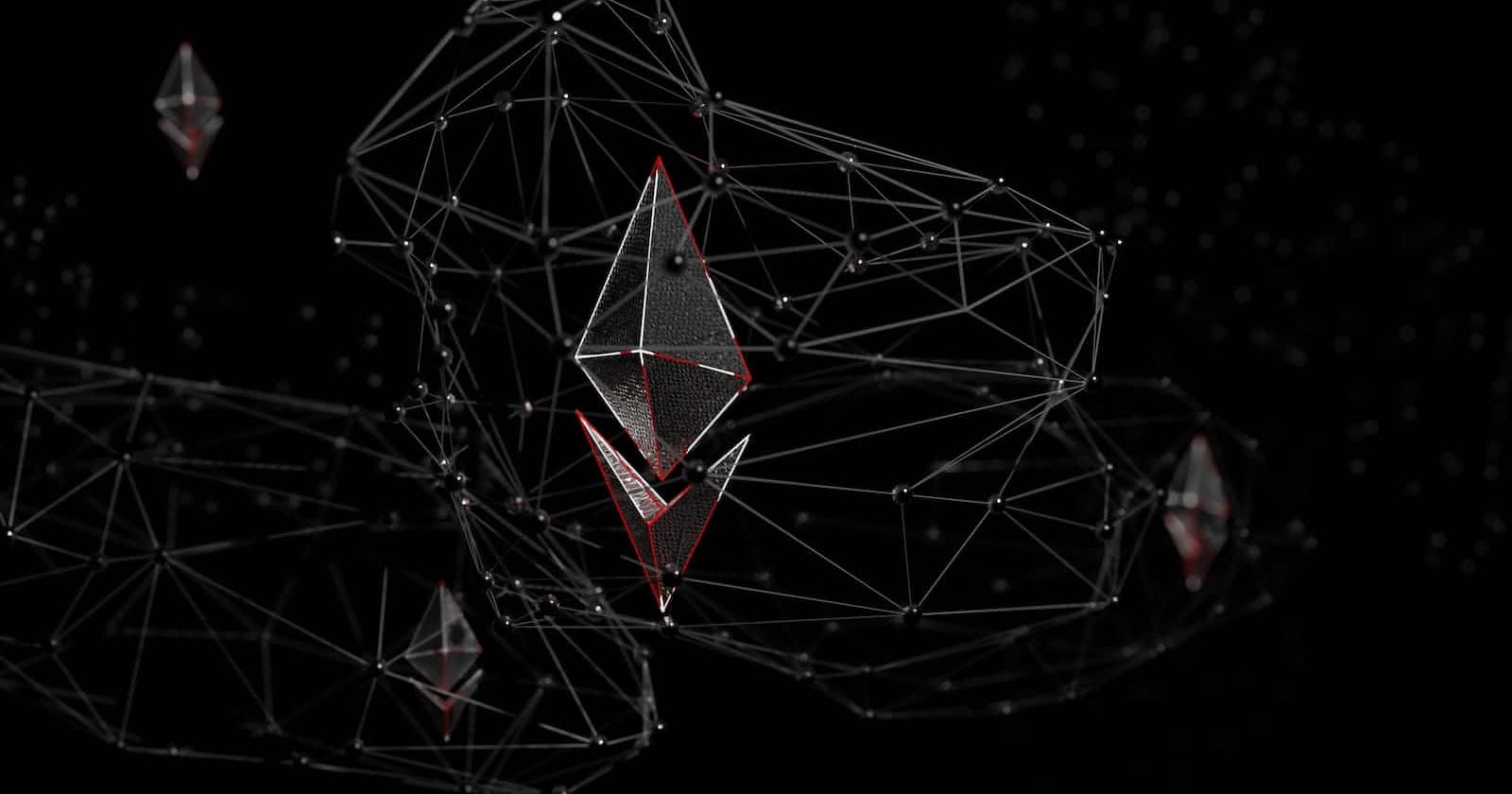
Photo by Shubham Dhage on Unsplash
Tech Titans: Exploring the Top Trending Technologies of Tomorrow
Exploring the top tech trends shaping the future of our world.
Artificial Intelligence
Artificial intelligence is one of the most talked-about technologies in recent years. It has the potential to revolutionize the way we live and work, from self-driving cars to personalized healthcare.
AI involves the development of intelligent machines that can perform tasks that typically require human intelligence, such as visual perception, speech recognition, decision-making, and language translation. With the increasing availability of data and computing power, AI is rapidly advancing and becoming more sophisticated.
Blockchain
Blockchain technology is a decentralized system that enables secure and transparent transactions without the need for intermediaries. It has gained popularity due to its potential to transform industries such as finance, supply chain management, and voting systems.
Blockchain works by creating a digital ledger of transactions that are verified and recorded across a network of computers. This makes it virtually impossible to tamper with or hack the system, ensuring trust and security in transactions.
Internet of Things
The Internet of Things (IoT) refers to the interconnectivity of everyday devices, appliances, and objects through the Internet. This technology allows for greater automation, efficiency, and convenience in daily life.
IoT devices can range from smart home assistants like Alexa and Google Home to industrial sensors that monitor and optimize manufacturing processes. As more devices become connected, the potential applications of IoT continue to expand.
Virtual and Augmented Reality
Virtual reality (VR) and augmented reality (AR) are immersive technologies that create artificial environments or enhance real-world experiences. They have been used primarily in gaming and entertainment but have potential applications in fields such as education, healthcare, and architecture.
VR creates a fully simulated environment that users can interact with through specialized headsets and controllers. AR overlays digital information onto the real world through devices like smartphones or glasses, enhancing the user's experience and providing useful information.
Quantum Computing
Quantum computing is a type of computing that uses quantum-mechanical phenomena, such as superposition and entanglement, to perform operations on data. It has the potential to solve complex problems that traditional computers cannot, such as simulating molecular interactions and optimizing logistics networks.
Quantum computers use qubits instead of traditional bits, which can exist in multiple states simultaneously, allowing for more efficient and powerful processing. While still in its early stages, quantum computing is a rapidly evolving field with significant implications for various industries.
5G Networks
5G networks are the next generation of mobile networks, offering faster speeds, lower latency, and greater capacity than previous generations. This technology has the potential to enable new applications such as remote surgery, autonomous vehicles, and smart cities.
5G networks use higher frequency bands and advanced antenna technology to transmit data more efficiently. While still being rolled out globally, 5G networks are expected to revolutionize the way we communicate and connect our devices.
Hope you all like it!

